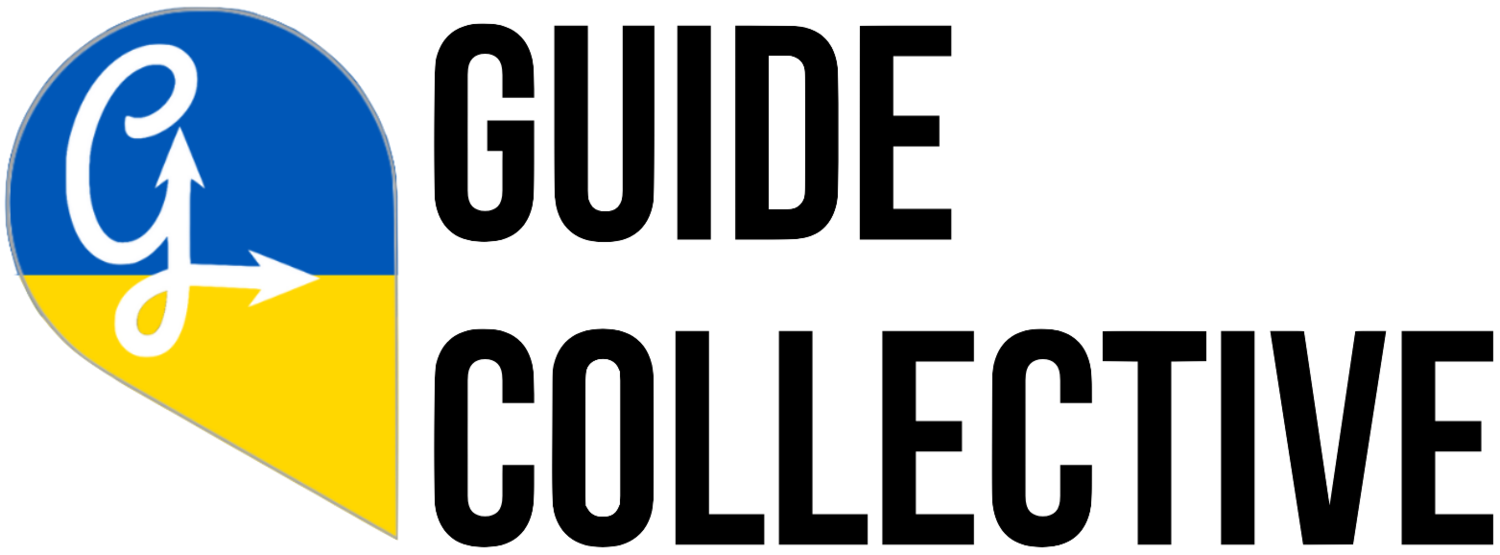The Myth of the American Dream
The American myth was born in Europe in the 1930s, during the time of totalitarian regimes. A spirit of rebellion arose, the ultimate embodiment of which was the idea of the “American Dream”—held by many Italians and Europeans who aspired to or even decided to migrate to the States. That myth of freedom faded and weakened somewhat immediately after the war, for European intellectuals had lost interest in the American world, absorbed as they were in rebuilding their own countries.
The American flag
Image | Steve Harvey, Unsplash
Following a movement of films and literature depicting the all-too-real horrors of war, Italian neorealism was born, seeking the same authenticity, even using non-professional actors for their unpolished voices, as they worked to represent a country that was striving to emerge from the ashes.
At the end of the 1950s, when Italy had already been partially rebuilt, the economic boom brought back the American capitalistic dream. I was born at the very height of that period (1964), when parody songs such as “Tu Vuò Fa l 'Americano” (“You Wanna Be American) were popular (...”you drink whisky and soda, but you were born in Italy”). Hollywood films were starting to arrive in the movie theaters, with American heros played by James Dean, Henry Fonda, Paul Newman, John Wayne and many others. Every living room boasted a TV set by then, and both movies and TV series chased the American dream, presenting a glorified version of America, which, for most of us, was out of reach.
James Dean between takes during the filming of Giant.
Image | John Irving, Flickr
American themes pervaded our activities and interests. My childhood memories are strongly linked to war games where if you weren't too awake, you found yourself stuck playing the bitter role of “the poor Red Indian” or “the bad German”! As a teen, I dressed in American fashions. Our after-school snacks were all consumed sitting and watching Happy Days. Italians were even so enamored of the Wild West that they made up their own (never having experienced it directly), creating their own version in the inaccurate but charming Spaghetti Westerns which are still cult favorites worldwide—far from losing popularity, they live on brilliantly in Quentin Tarantino’s films.
The American Myth was still alive in my mind until, married to an American, I finally visited the States and slowly, by living there, came to realize how much that myth—like all myths—existed more as a vehicle for escapism from the pains of daily life. And despite its power and influence over popular culture, it didn’t necessarily correspond to reality.
Things have once again changed, however, in the sway “The Americans” hold over the Italian imagination. I first noticed this quite starkly during the Gulf wars. In 2003, in Tuscany where I still live, an episode happened that made me reflect upon these changes.
I was accompanying my daughter, then 5 years old, to a birthday party. While we were standing around snacking, a child armed with a toy gun ran, another child on his heels. The first child bumped into me, and when I asked him why he was running so fast, who was chasing him, he replied “I’m the good guy, and that’s the American soldier coming to get me.” I was stunned and saddened—a bit of my childhood naivety lost. When I was a child, of course, the Americans were the good guys in white hats. Any bad ones were traitors soon killed by the hero. Now, in 2020, I’m ready to find out the state of the American myth among Italians. I am going to interview different generations to see what they think!
Come along with me and watch the video to find out!


